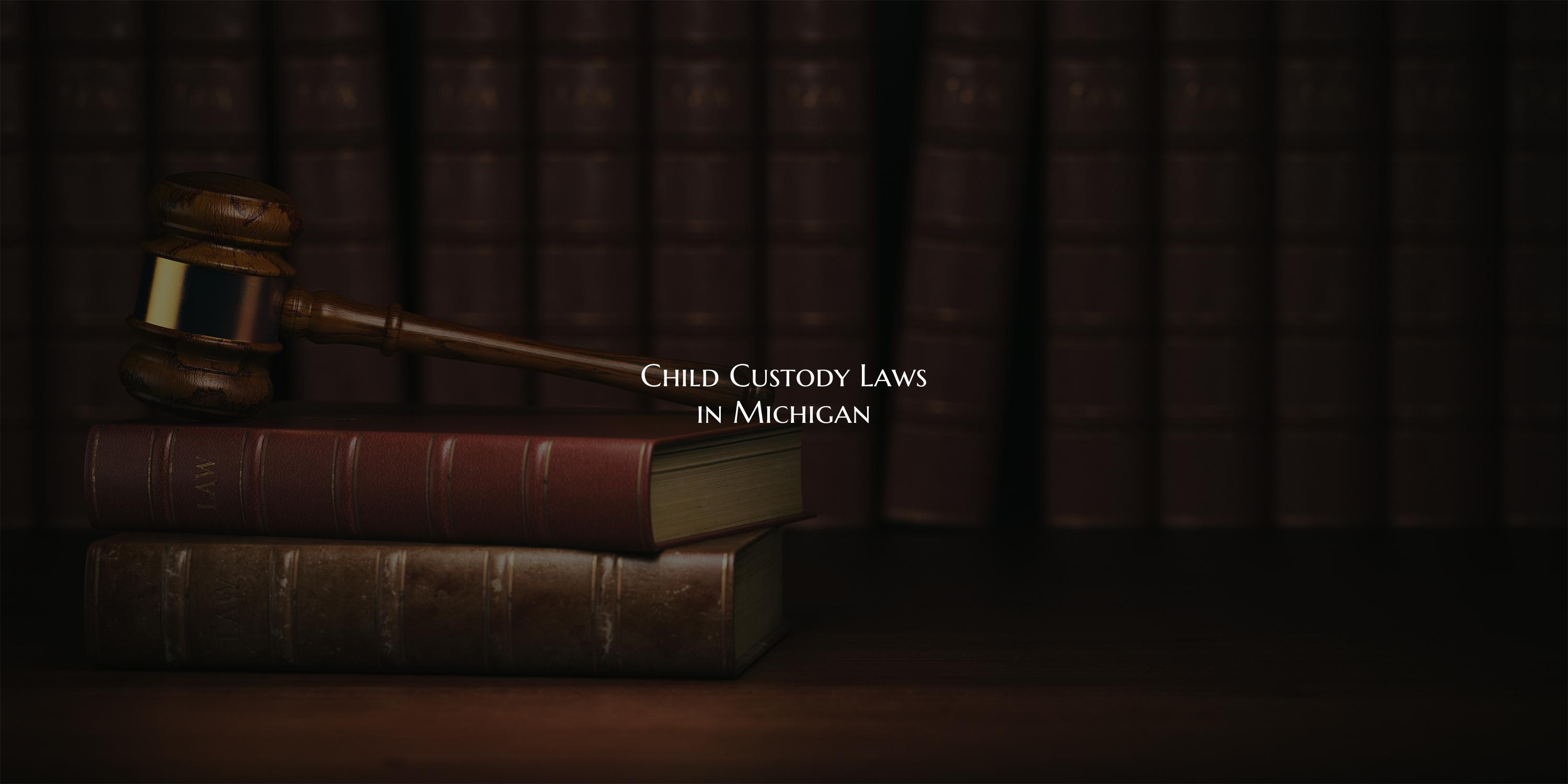
Child Custody Laws in Michigan
Child custody matters are often emotionally charged and complex. In Michigan, the primary consideration in determining child custody is the best interests of the child. This means that the court will evaluate various factors to decide on custody arrangements that promote the child's physical, emotional, and mental well-being.
Michigan recognizes two types of custody: legal custody and physical custody. Legal custody refers to the right to make important decisions about the child's upbringing, such as education, healthcare, and religious practices. Physical custody determines where the child will live and how parenting time will be shared between the parents.
When parents cannot agree on a custody arrangement, the court will step in to make a decision based on the child's best interests. Factors considered by the court may include the child's preferences (depending on their age and maturity), the relationship between the child and each parent, the ability of each parent to provide a stable environment, and any history of domestic violence or substance abuse.
In Michigan, parents may be required to attend mediation or alternative dispute resolution processes to try to reach a custody agreement outside of court. If an agreement cannot be reached, a judge will issue a custody order after considering all relevant factors.
It's important for parents going through a custody dispute to understand their rights and responsibilities under Michigan law. Consulting with a qualified family law attorney can provide guidance and support through the custody determination process, ensuring the best possible outcome for the child involved.
